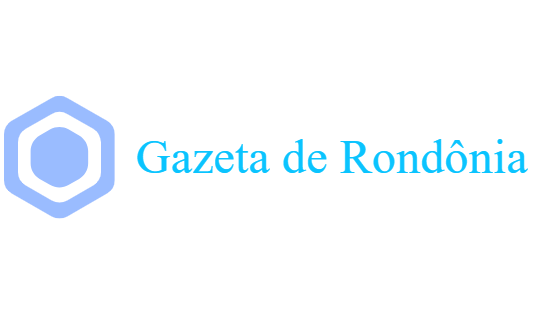Comprehensively facing mounting scrutiny, Governor Marcos Rocha (União Brasil) is navigating one of the most challenging phases of his political career, especially as he sets his sights on a potential Senate bid in 2026. A particularly contentious aspect of his administration that raises doubts about his viability as a candidate is the controversial attempt to privatize public healthcare in Porto Velho—a deal involving approximately R$ 500 million in state funds, which has drawn significant criticism and suspicions of favoritism towards the company Mediall Brasil Gestão em Saúde, based in Goiânia.
The proposal from the Rondônia government seeks to transfer the management of healthcare units to the private sector through a high-value contract. The announcement of the initiative prompted a wave of allegations concerning biased processes, a lack of transparency, and hints of potential collusion. This negative fallout adds yet another layer of turbulence for Rocha.
What exactly are “Built to Suit” (BTS) and “Market Sounding”? Before these obscure terms were even understood by those who fancy themselves knowledgeable, the situation devolved.
It is worth noting that despite being in his second term, the governor appears to be repeating basic management missteps. His handling of the new Emergency and Urgency Hospital (Heuro) exemplifies this. Initially announced with significant fanfare as an innovative project utilizing the “Built to Suit” (BTS) model, with backing from the Fundação Escola de Sociologia e Política de São Paulo (FESPSP), the initiative has turned into a political, administrative, and financial failure. The “Market Sounding” event, conducted via videoconference to entice investors, was another misfire. In the aftermath, there was merely a squandering of resources and an exacerbation of the crisis at the Pronto-Socorro João Paulo II.
Undeterred, the government even sought to acquire a pre-existing hospital to replace João Paulo II. This led to further complications, with allegations of potential massive overpricing and unaddressed irregularities that should have caught the attention of entities like the Public Ministry, the Court of Auditors, and state legislators. Yet, these bodies appear more preoccupied with squandering public funds for their own benefit than with the dire conditions faced by patients lying on the grimy floors of hospitals.
Now, the administration is advocating for the privatization of public healthcare—further intensifying the criticism. This was made evident by the protest held by healthcare workers on the morning of Tuesday, October 15, outside João Paulo II, despite the sluggish and complacent response from their union.
This scenario complicates Marcos Rocha’s potential candidacy for the Federal Senate. To pursue this opportunity, he must step down from the governorship by April 4, 2026, leaving the administration in the hands of his vice, Sérgio Gonçalves—brother of Junior Gonçalves, who was humiliatingly dismissed as the chief secretary of the Civil House following a prolonged political struggle. The underlying resentment is palpable, and the internal alliance appears fragile.
Rocha, already facing isolation within his own coalition and labeled a “lame duck”—a term in political jargon referring to leaders who no longer wield significant power—risks leaving his office without support and losing control of the administration to an unreliable successor.
For those aspiring to secure one of the two Senate spots in 2026, Marcos Rocha must confront not only external opponents but also the debris left in the wake of his administration. As the late journalist João Tavares of the legendary Jornal Alto Madeira once stated: time will tell.







Leave a Comment